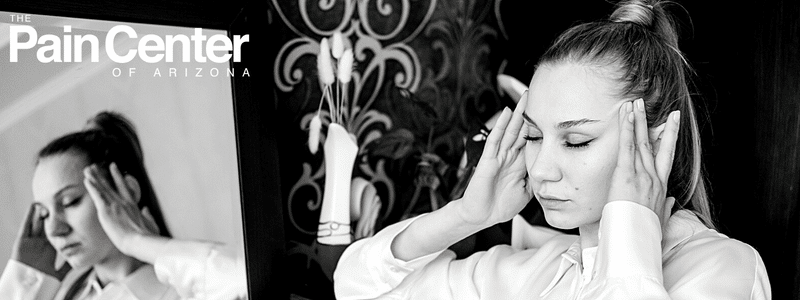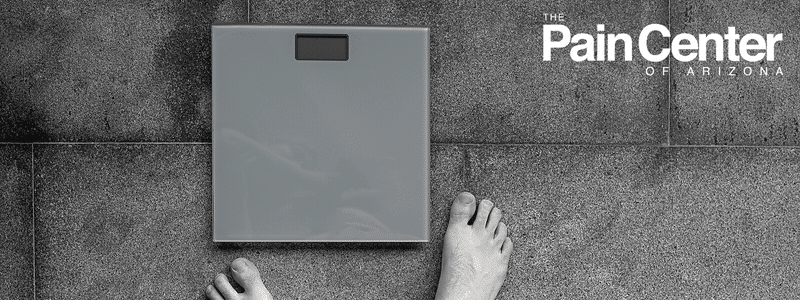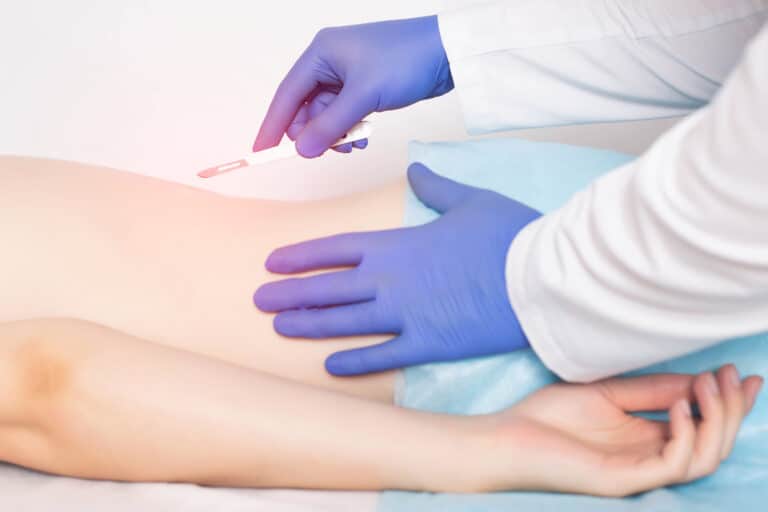
Cluster headaches are the most unbearable of the many headaches we experience. We’ll be looking at these key points about cluster headaches:
- What are cluster headaches?
- What are the symptoms of cluster headaches?
- What are the causes of cluster headaches?
- Are cluster headaches related to sinus problems?
- How effective are botox injections in treating cluster headaches?
- Are cluster headaches common in children?
- Does taurine help stop cluster headaches?
What are Cluster Headaches?
Headaches, in general, are quite common, happening to nearly everyone on occasion. Cluster headaches, on the other hand, are much less common, affecting 1 out of 1000 people in the U.S.
During a cluster headache, a person will feel intense pain on one side of the head, typically in the eye or temple area. These headaches can last from 15 minutes to 3 hours and sometimes occur several times a day. Cluster periods may last weeks, months, or years in more severe cases.
People who get cluster headaches describe the pain as a sharp, burning, or piercing sensation. Along with the aching pain, they are often accompanied by additional symptoms.
What are the Symptoms of Cluster Headaches?
Cluster headache attacks commonly occur concurrently with other side effects, including the following:
- Red, swelling, or watery eyes
- Droopy eyelids
- Congested or runny nose
- Facial sweating
- Agitation or restlessness
- Pale or flushed skin
- Nausea
A person experiencing a cluster headache won’t necessarily experience all of these symptoms. In some cases, they may only have a couple of additional problems occur at the same time as the headache.
What are the Causes of Cluster Headaches?

Other types of headaches, like migraines and tension headaches, are found to be connected to diet, stress, and changes in hormone levels. Medical doctors have yet to pinpoint the exact cause of cluster headaches.
Looking at the patterns exhibited by patients, other factors possibly linked to the risk of cluster headaches include:
- Genetics. Studies have shown that cluster headaches tend to run in families, suggesting that genetic components may contribute to their development.
- Abnormalities in the hypothalamus. The hypothalamus is responsible for regulating different functions of the body. A change in blood flow or hormones can trigger chemicals that irritate blood vessels, causing headaches.
- Environmental factors. Changes in a person’s environment can impact all kinds of things, including sleep patterns, hormonal balance, or exposure to irritants like smoke or odors. All these factors can affect the size of blood vessels and nerve pathways in the brain, leading to headache symptoms.
- Co-existing medical conditions. Pre-existing medical conditions such as brain infections, head injuries, or severe weight loss can cause abnormalities in the hypothalamus. These abnormalities include inflammation of different areas of the brain, such as the trigeminal nerve, triggering a headache.
Are Cluster Headaches Related to Sinus Problems?
While not directly related, experiencing sinus problems during a cluster headache is common. Specifically, cluster headaches co-exist with symptoms like nasal congestion and runny nose. As mentioned earlier, the exact cause of cluster headaches isn’t known. Sinus problems, however, are caused by sinus inflammation or infection.
How Effective are Botox Injections in Treating Cluster Headaches?

There have been numerous studies done on the effectiveness of Botox injections in the treatment of cluster headaches. Based on the results of these studies, botox is revealed to be an effective treatment in managing the pain of a cluster headache.
- In one case, the initial review of 106 patients revealed that 46% achieved complete relief from their migraines and cluster headaches. Another 30% had partial improvement.
- The National Library of Medicine reported that botulinum toxin effectively reduced headache frequency and severity by at least 50%.
- Another study revealed that botox was highly effective for refractory chronic cluster headaches in 10/17 patients.
- In a study published by the Journal of Neurology, patients who received Botox injections experienced a significant reduction in the number of headaches they experienced each month and a reduction in the intensity of the pain associated with the headaches.
Are Cluster Headaches Common in Children?
Cluster headaches tend to affect adults in their 20s through 50s. In children ages ten and younger, these headaches are uncommon. That said, cases have been reported in children as young as six. Children experience several types of headaches, but cluster headaches are estimated to be less than one percent of these cases.
Does Taurine Help Stop Cluster Headaches?
Taurine is a naturally occurring amino acid. It’s found in high concentrations in different body tissue, including the brain and heart. Although not confirmed, some studies suggest that taurine helps regulate the hypothalamus by working as an anti-inflammatory. Still, these reports are limited, and it has not been confirmed if taurine can directly soothe the effects of cluster headaches.
Overall, studies on taurine’s effectiveness on cluster headaches have yet to provide any solid evidence, but many individuals have come forward claiming to find it beneficial.




